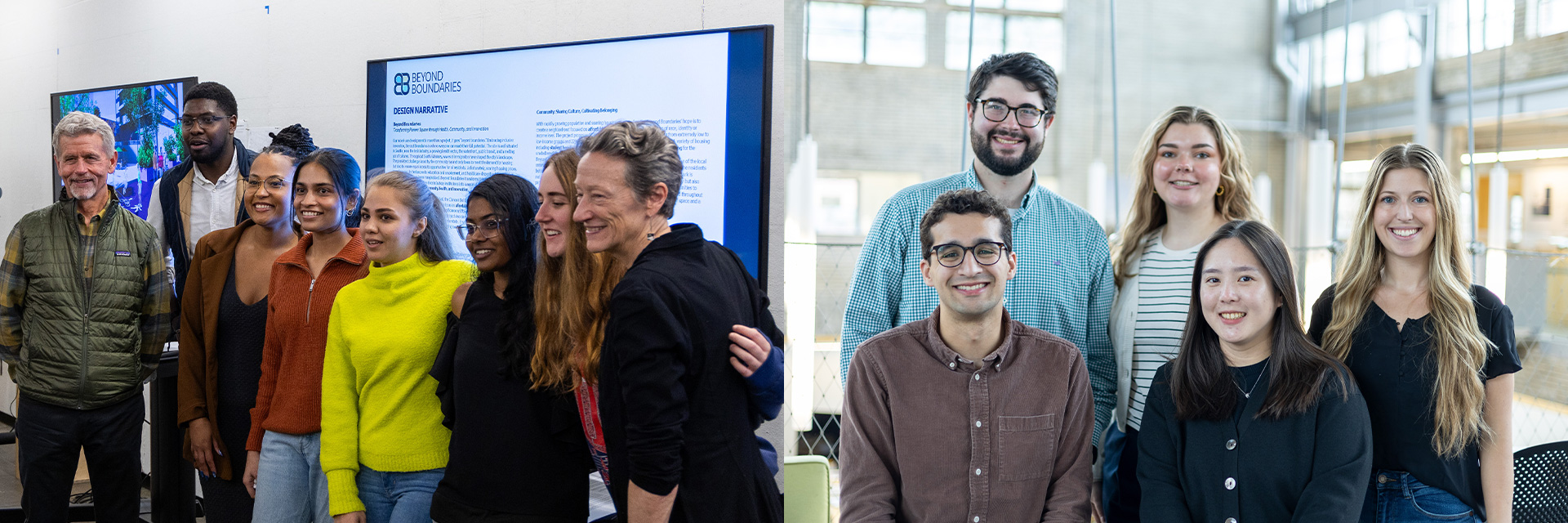
Tech Teams Advance to ULI Hines Competition Finals
Tech Teams Advance to ULI Hines Competition Finals
Wes McRae | March 10, 2024 – Atlanta, GA
Multidisciplinary real estate development teams from Georgia Tech have taken half the finalist positions in the 2024 ULI Hines Student Design Competition and will visit the Seattle development site March 15th. A third team won one of four honorable mentions.
The competition started in 2003. "Houston developer Gerald Hines was frustrated (as were many other developers), that universities were not turning out graduates with the kinds of interdisciplinary skills and understandings that are essential for development practice," said Mike Dobbins, professor of the practice in the School of City and Regional Planning. "Hines underwrote the costs for the Urban Land Institute (ULI) to put the competition together. Each team must have five members spanning the necessary disciplines."
"Since 2012, we've had eight finalist teams take home $80,000 in prize money and ten honorable mentions," said Ellen Dunham-Jones, who organizes the Tech teams each year. Overall, over 2,227 teams have participated in the competition since it began, including 84 teams who made it to the finals, according the competition website.
"Ellen has marshaled the program through probably way more citations than any other university," said Dobbins. "The competition is important because the more training and experience students get in bridging theory and policy with practice and implementation, the better prepared they are to enter their futures."
Students in the competition had two weeks to devise a development program for a real, large-scale site in Seattle. Teams provide graphic boards and narratives of their proposals including designs and market-feasible financial data. The two finalist projects from Tech were Beyond Boundaries and Meander.
"Breaking barriers and establishing equity requires going beyond established boundaries, and our project transforms Pioneer Square by fostering an environment for cultural growth, accessible health, and collaborative innovation," according to the Beyond Boundaries design narrative. "The heart of the proposal is a bridge over the highway facilitating convenient and equitable access to healthcare and other related amenities. A variety of housing including student housing, senior housing, mixed income housing and transitional housing for the unsheltered are provided in this project."
"The Innovation Center is a crucial addition that partners with the Seattle University housing Maker labs and Creative labs with cutting edge technology that would help budding entrepreneurs."
Negar Mohammadi Ghahsareh (MSUD), Mrudhulaa Ranganath (MSUD), Ellery Susa (M. Arch.), Varshaa Vasundra (M. Arch.) and Leah Cabrerea (MBA and MCRP) submitted Beyond Boundaries. Dunham-Jones and Rick Porter, director of the Master of Real Estate Development program, served as faculty advisors for this team.
"Meander has one mission: to provide a path to a more connected neighborhood. Based on Seattle’s 2035 Comprehensive Plan, Meander has community, equity, sustainability, and prosperity at the forefront of its design, prioritizing the experience of people over structures," said Meander's team in their design narrative. "Abundant housing is key and is provided to Seattleites of various income levels throughout the development. The Meander Path and multi-level entry access in all buildings allows for easier access throughout the site, especially for elderly and disabled individuals."
"Of all those working within the Meander development, 25% of labor must be from Meander’s Transitional Work program, providing job opportunities and training to unhoused residents in the area," said the team.
"Additionally, all new construction is 100% mass timber; this decision was made as both a callback to the Pacific Northwest’s logging history as well as an environmentally friendly substitute when compared to traditional construction materials."
Noah Stogner (MSUD), Grace Kunst (MSUD), Arthur Santos Miranda (MCRP), Vivian Lin (MCRP), and Brooke Blankenship (M. Arch) submitted the Meander project. Dobbins served as faculty advisor for this team.
Earning an honorable mention, Anushka Reddi (M. Arch.), Atharva Belsare (M. Arch.), Raj Kachalia (MSUD), Christian Perry (MBA) and Mrunmayee Umesh (MSUD) submitted Nexus24. Ingeborg Rocker, professor in the School of Architecture, was the faculty advisor for this team.
Project Views
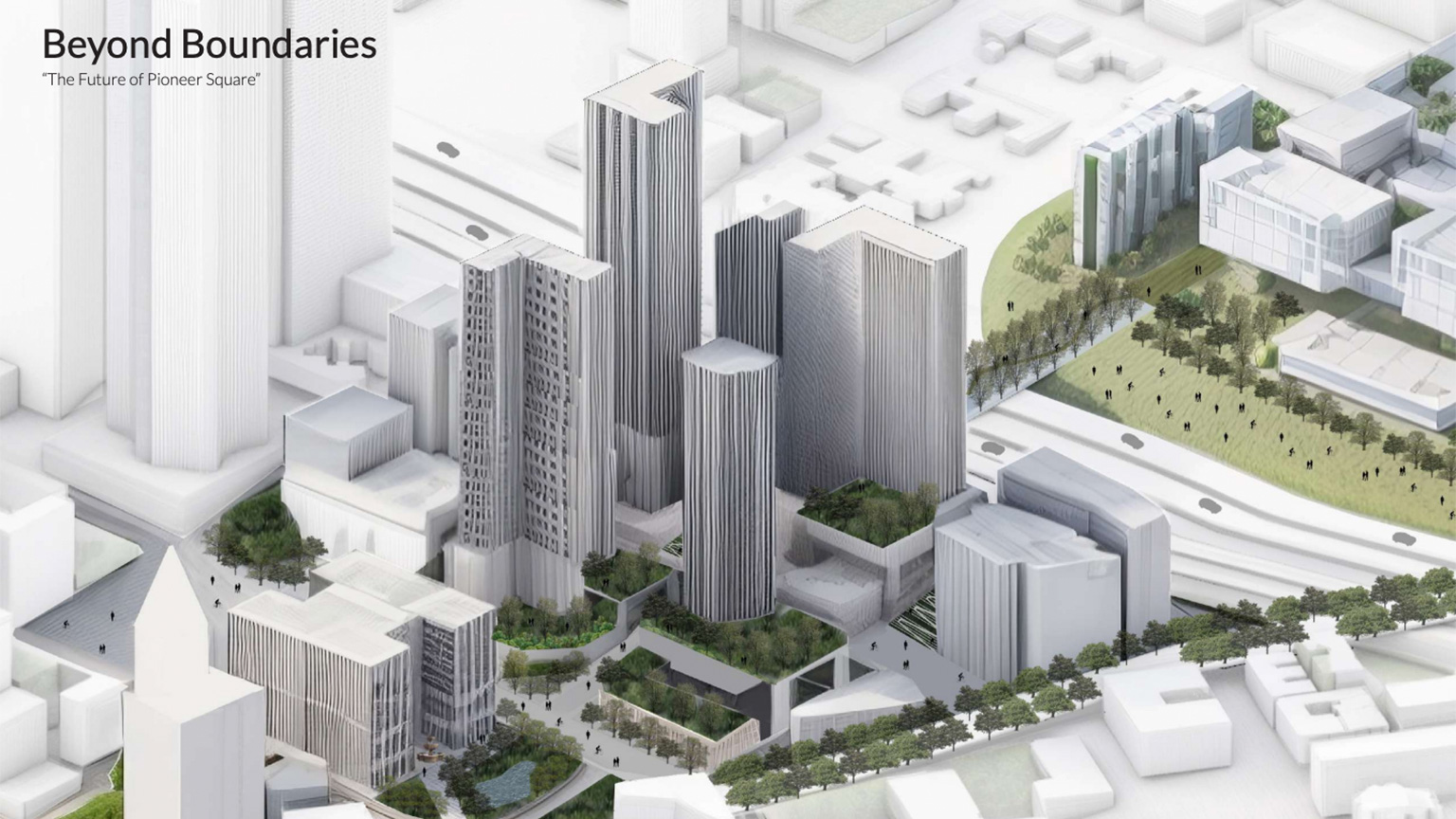
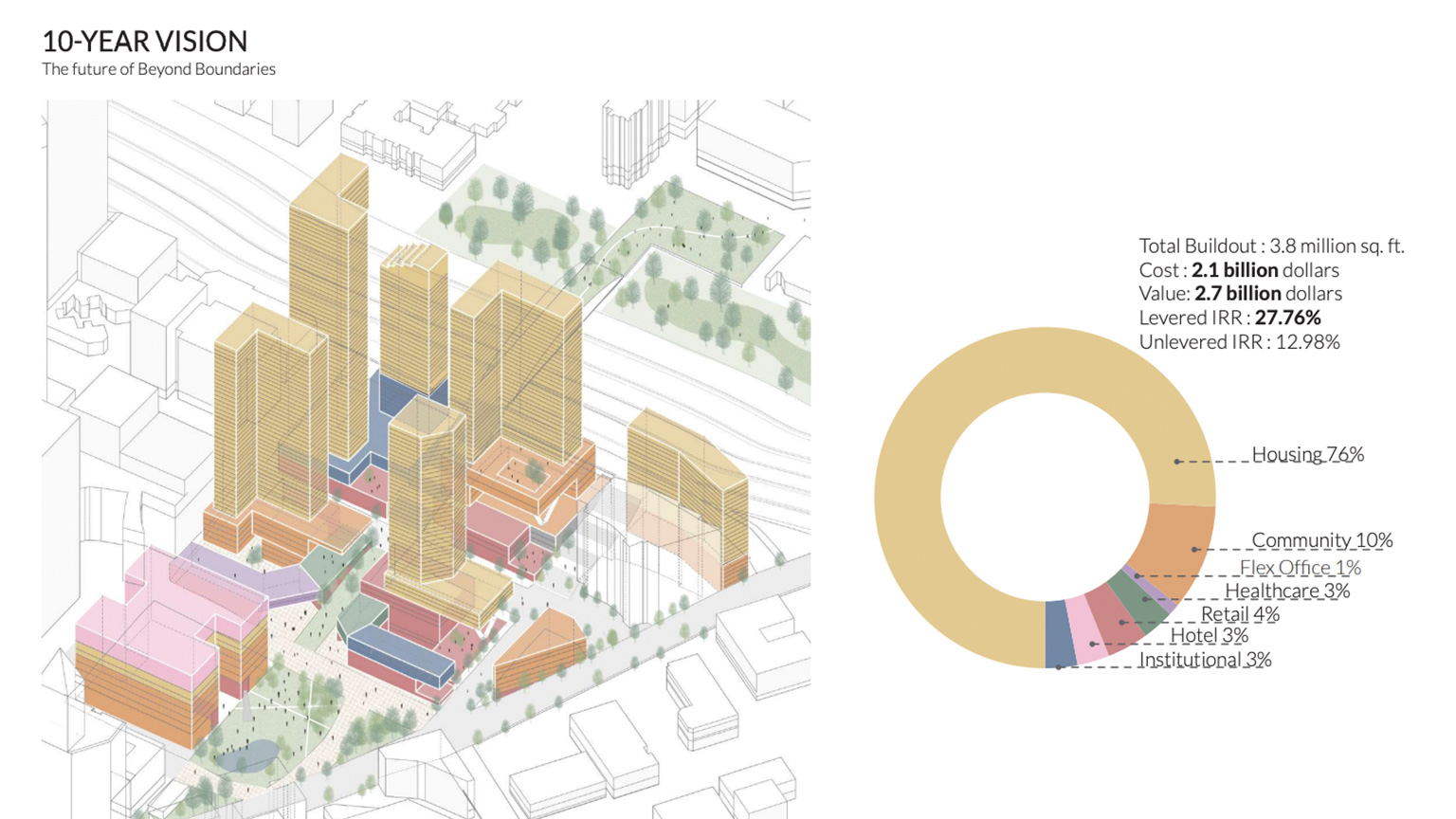
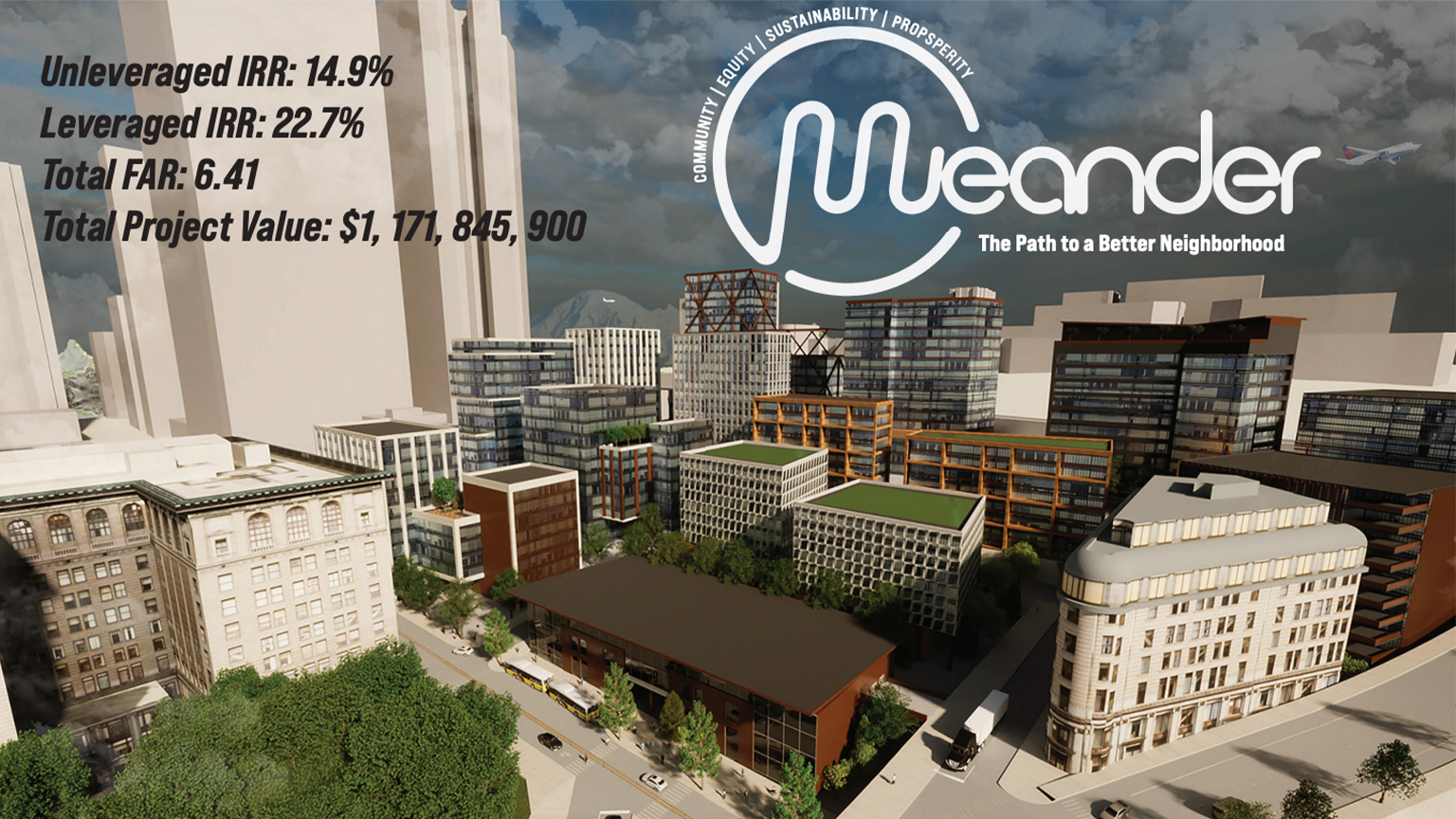
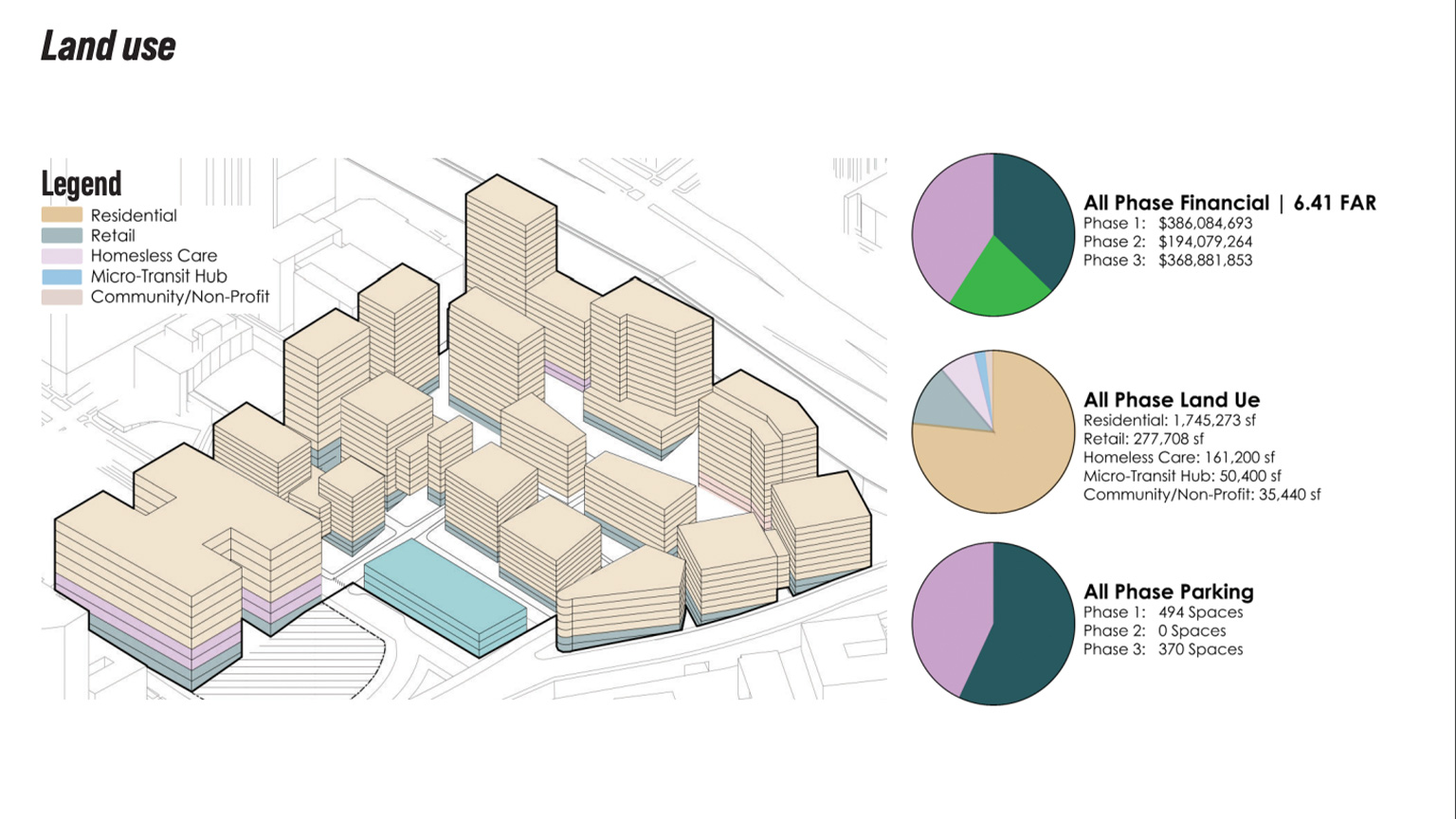
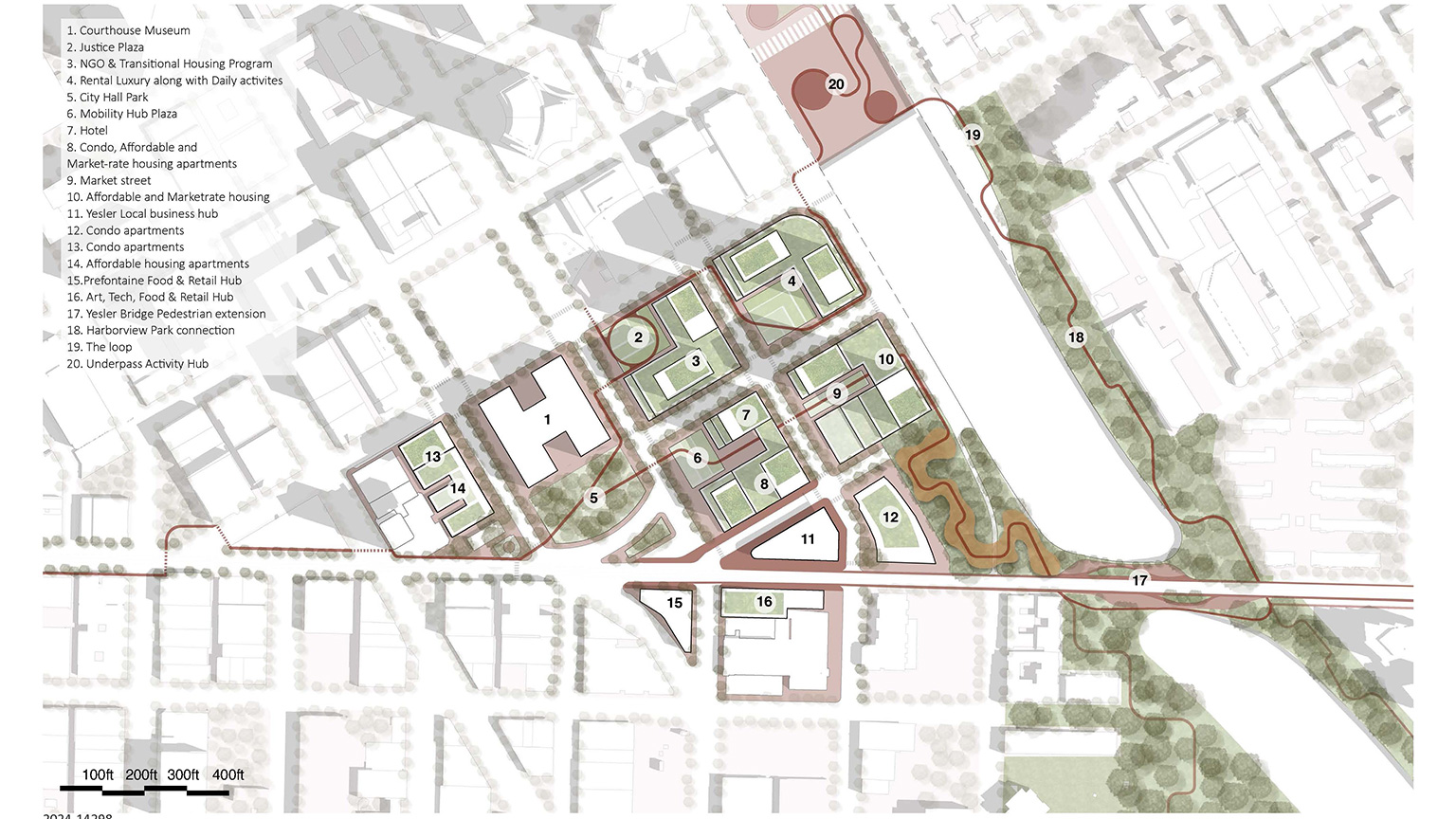

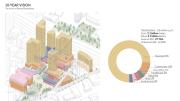

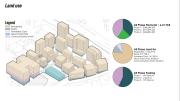
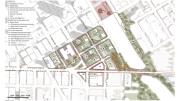
Questions?
Contact Us